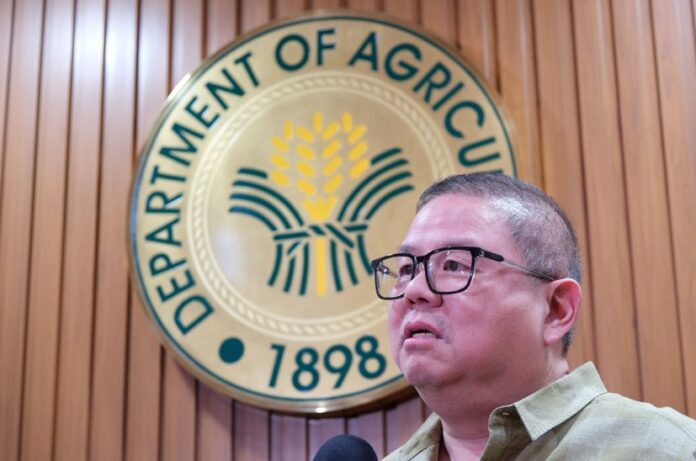The Department of Agriculture (DA) expressed renewed optimism on Tuesday over the proposed amendments to the Rice Tariffication Law (RTL), citing growing legislative support that could pave the way for a stronger and more resilient P385-billion local rice industry.
Following a key meeting with Senator and agriculture committee chairman Francis Pangilinan, Agriculture Secretary Francisco Tiu Laurel Jr. said the department is confident the amendments will gain momentum in Congress. “With this visit of Senator Pangilinan, we are confident we could secure the backing of the Senate… securing a better future for our hardworking farmers and fisherfolk,” he said.
He stressed that the amendments aim to address the growing threat of cheap imports, declining local milling capacity, and the limited powers of the National Food Authority (NFA) under the current RTL. Tiu Laurel urged the swift passage of the bill, ideally before the rice harvest season begins in March 2026.
The proposed changes follow earlier discussions with House agriculture committee chairman Mark Enverga, and align with House Bill No. 1—the Rice Industry and Consumer Empowerment Act—filed by Speaker Martin Romualdez, which seeks to revise key RTL provisions and bolster direct support for farmers.
Pangilinan backed the reform push, saying improvements to farmer support systems and RTL provisions are necessary. “We need to fix a lot of things in the current RTL,” he said.
Passed in 2018, the RTL liberalized rice imports and established the Rice Competitiveness Enhancement Fund (RCEF), funded by import tariffs. While recent amendments extended RCEF until 2031 and raised its annual budget to P30 billion, restrictions on NFA’s rice importation and retail functions remain a concern for the DA.
If passed, the amendments are expected to modernize the rice industry, enhance food security, and improve rural livelihood.







